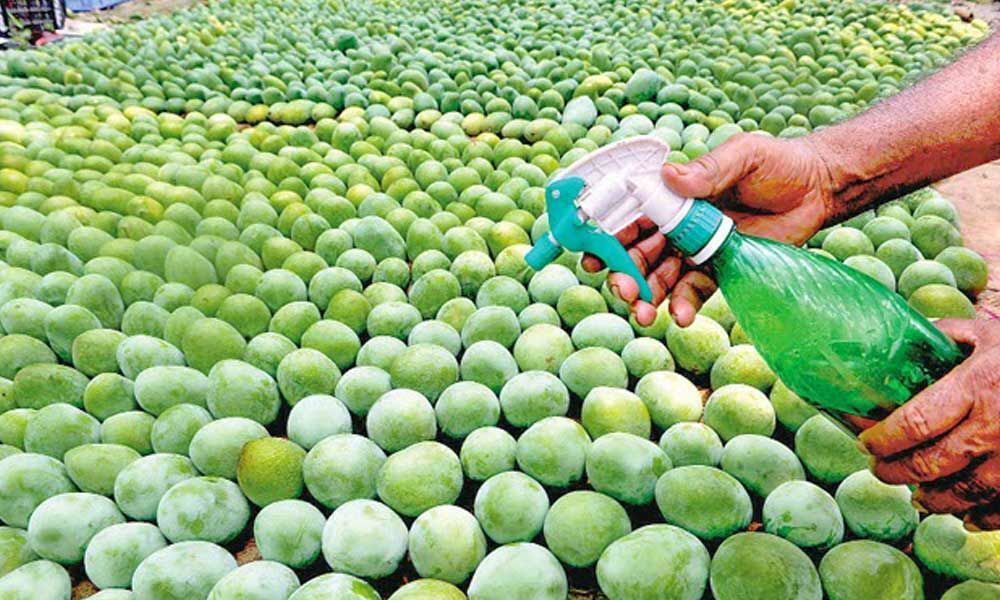Live
- Analysis: Russia's Nuclear-Capable Missile Marks Shift from Cold War Deterrence Doctrine
- OpenAI Plans In-House Browser "SearchGPT" to Compete with Google Chrome
- MP: Sanatan Hindu Ekta march gets support from BJP & Congress
- Trinamool to hold crucial Working Committee meeting on Monday, organisational reshuffle on agenda
- Who is Breon Peace? The US Attorney Behind the Indictment of Gautam Adani
- Quick commerce workforce expansion to surge by 60 pc in India
- Omar Abdullah to embark on Umrah visit to Saudi Arabia on Nov 24
- Hyderabad Population 2024: 1.6 Crore People and 85 Lakh Vehicles Under HYDRAA's Jurisdiction
- "Wanaparthy District Collector Adarsh Surabhi Orders Precautions to Ensure Safe Mid-Day Meals"
- Jain Monk Shri 108 Jnaneshwar Muni Attains Samadhi at Devlapur










